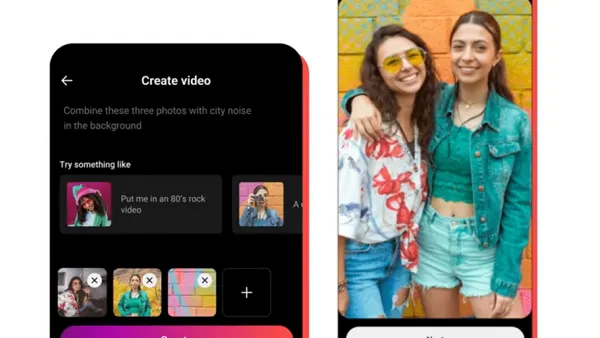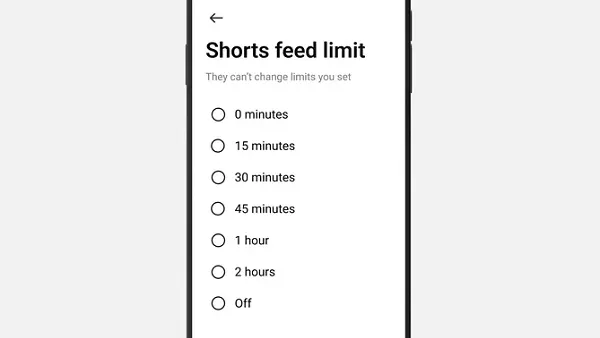Part of the reason that bartering is attractive is because it takes the proverbial "middle-man" - $$$ - out of the equation: I have something (a good or service) that I've not yet converted into money, and you have the same. For new businesses in particular, which may be long on goods and short on actual cash, this can be a direct and valuable way to get needs met...as long as we can figure a fair exchange rate, we're golden. So money doesn't completely leave the picture: it's important to know the value in money of the things being exchanged so that they can be matched up properly, whether that means using the monetary value as a hard exchange rate or simply as a guide. I like what Arthur at BarterQuest.com has to say about formalizing the process just a bit to protect the arrangement:
Evaluate the Value
You want to make sure the arrangement isn't lopsided, and that both parties are getting what they put into it. A mismatched barter can result in resentment, frustration and potentially even legal issues. To start, assign a dollar value to the goods or services that are to be traded. If there isn't an even comparison, adjust the trade to make it comparable (i.e. trade 5 hours of a service A for 8 hours of service B).
Check References
Do your research into the person you're considering bartering with, just as you would if you were hiring them to do something. Ask for references, check past work, dig into who they are and verify they have the skills and experience they are claiming. Just because bartering doesn't involve money doesn't mean it should imply discounted or less professional services, and you'll save yourself a huge headache by verifying this in the early stages.
Use a Written Agreement
Again, just like any other business relationship, you should have a written agreement that explicitly outlines the terms of the arrangement. This is especially important when there isn't a clear one-for-one exchange. Your agreement should outline the scope of the work on both sides, identify the deliverables, specify the duration or deadline for the work and spell out what happens if either side wants to end the arrangement before completion.
Keep Open Lines of Communication
Stay in the loop with your bartering partner to ensure that the trade is effective and that both sides are happy with the service they're getting. If something isn't working out as expected, or if you're unhappy with the work you're receiving, speak up and work toward a resolution. It's also a good idea to schedule regular check-ins and milestones to make sure the bartered services don't get dropped below paid work and forgotten.
Don't Forget About Taxes
The rules for reporting barter transactions may vary depending on which form of bartering takes place and where you are located. According to the IRS, in the U.S. barter dollars are identical to real dollars for tax reporting, so you need to treat barter income as you would any other business activity. Keep good records and consult an accountant if you have questions or need advice.
Now, I'll admit easily that formalizing a barter situation also seems to grate against the point of this human-connected, get-everyone's-needs-met, don't-fret-over-to-the-cent-accuracy exchange practice, and I definitely wouldn't take it to that level for every arrangement. "I'll let you borrow my ladder if you give me a few of the avocados" is just fine the way it is. If the goods or services up for exchange are of great monetary value, however, or if they're completely unrelated, a little something more might be required to ensure that expectations are met and nobody gets burned.
So barter is awesome and relatively easy, but how can social media help? Clearly, our online networks are global and communication is nearly instant, so for many types of goods and services simply putting your offer and need out there will get at least some bites. (While we're here, I do recommend being clear about both your offer AND your need...deciding before you post will greatly reduce mismatched responses "Here's what I need...what do you want?" always feels to me like a lazy, one-sided entrance into "bartering"...I am always left unclear about what I'd want in exchange. It's too nebulous, the wide range of possible fair trades are too great for me to consider. Determine what your needs are, what you'd like to offer of comparable value, and see who's out there!)
Frankly, Facebook and Twitter seem obvious - which is not to say ineffective, but I want to hold up a network you might not think of immediately when considering a barter opportunity: LinkedIn.
To be fair, I didn't think of it at first either. It was my fellow WordCarnival blogger (more about that at the end of this post) Ilana Rabinowitz of MarketingWithoutANet.com who clued me in to the power of LinkedIn as more than just an online resume service!
She writes:
Take a look at the advanced search function on LinkedIn if you can't think of ideas for goods and services you'd like to exchange. You'll find a surprising number of categories on LinkedIn. If you're planning a party, you'll find events and facilities services, performing arts, photography and printing. You'll find healthcare providers, writers and editors. Think about all the things on your wish list that you may not have the budget for. It could be five sessions with a life coach or an editor for your blog.
When you've established what you want, share an update with your connections and in your groups. Update your profile with a statement about your interest in bartering. Ask your connections to share the offer with their connections. Even with only a couple of hundred connections you'll have a network that reaches into the millions. The best part is that you'll be connected to a large part of that network through people who know you or people who know them. That creates a level of trust that you wouldn't have by placing your wares out in a public marketplace or even on a website or blog where you are completely anonymous. It's a very modern way of using a very ancient method of trade.
Last thing: don't barter for things you don't need, just because it's what the other person's offering. To me, that just seems like setting yourselves up to be disappointed or resentful, and what we're after here is a mutually beneficial exchange. Bartering has a smidgeon of human soul in it that money transactions rarely do, so let's be careful with one another's living investments, shall we? Bartering only works when we are honest and fair, so it's a great way to practice being that way for all of our relationships and transactions.
evan austin is a father of three, and occasionally finds time to do graphic design and social media consulting in exchange for massage, website help, business development, and sometimes even money. Check out his portfolio at eadesign.me.
Word Carnivals happen each month on the last Wednesday and feature a menagerie of talented bloggers who write for the small business crowd. Our fearless ringmistress is Tea Silvestre, The Word Chef. To read all 11 entries about bartering from January 2012, click here.









